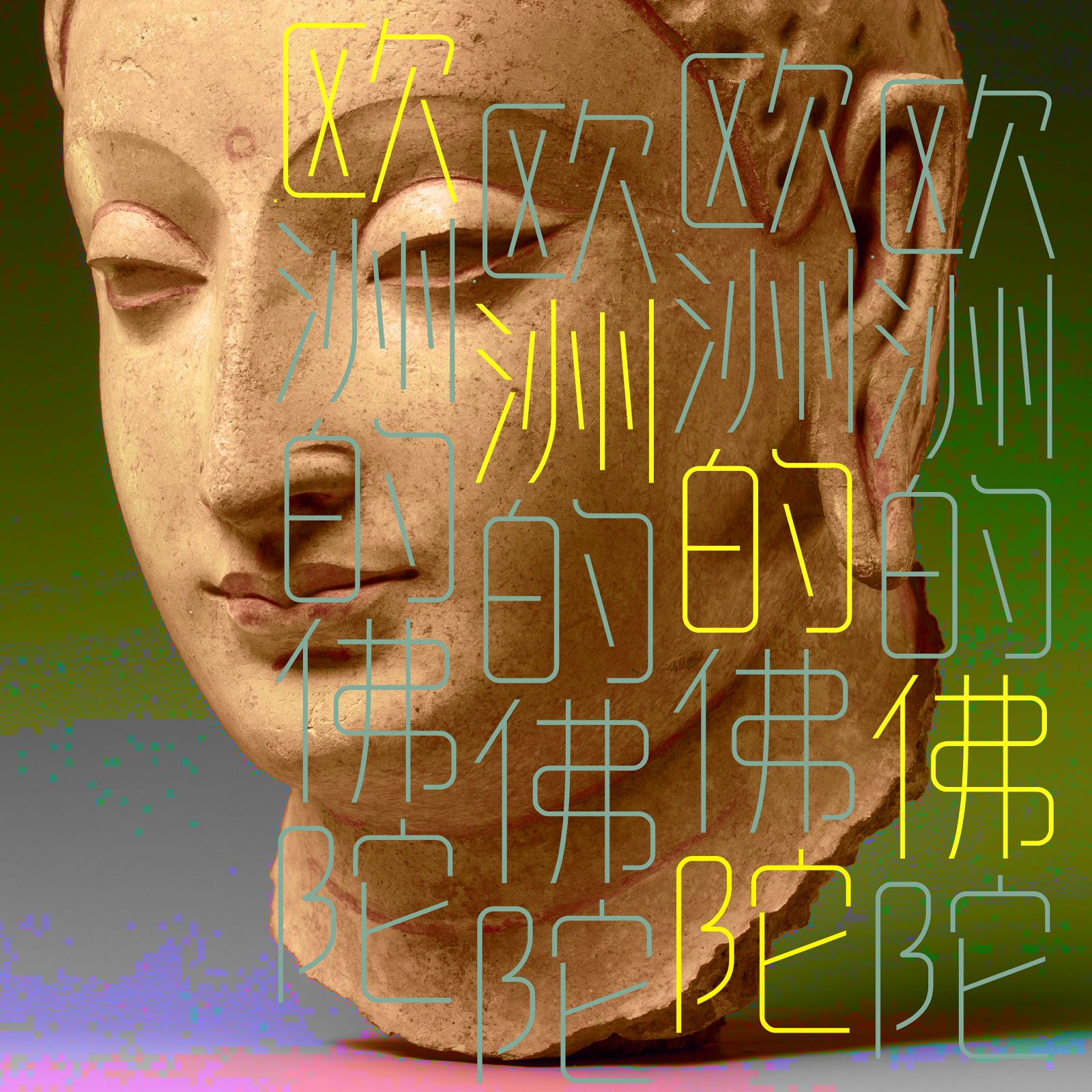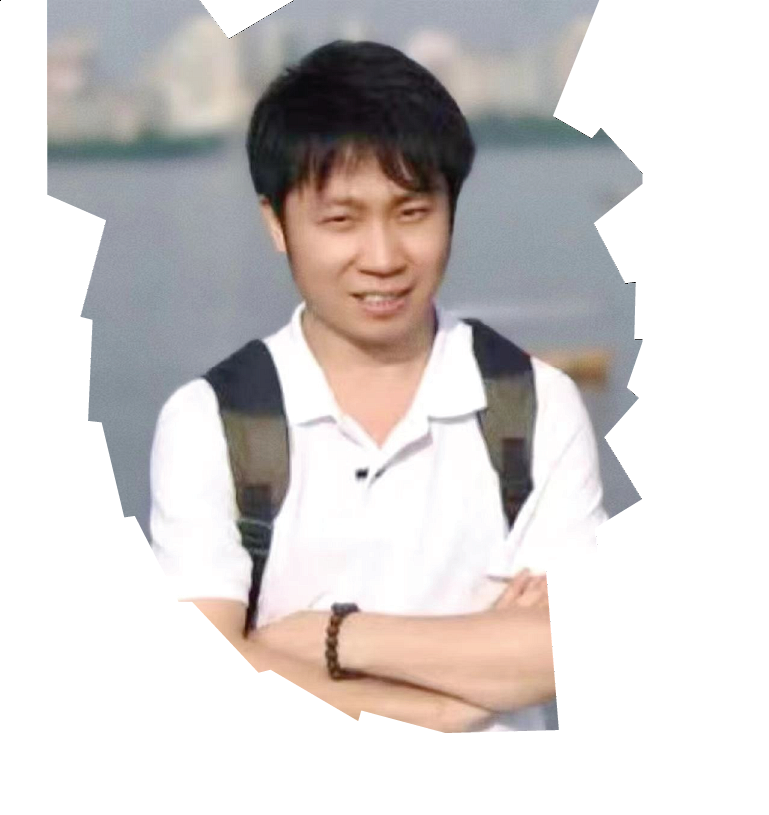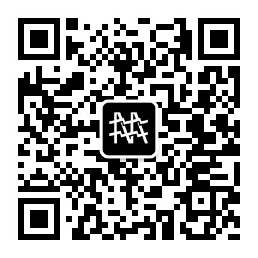2022.11.20 Sunday 19:00
Location
2F, The Cloister Apartments, 62 West Fuxing Road, Shanghai
Speaker:Luo Shiping

In 1882, Nietzsche playfully referred to himself as "der Buddha Europas" in his manuscript.
In the propagation of the Eastern Culture to the West, Buddhism once attracted a lot of attention and interest of Nietzsche. Buddhism is also a sub-theme throughout most of his texts. It is important to understand Nietzsche's view of Buddhism, in order to further comprehend his philosophical view of "truth as a 'way of doing' (Praktiken) rather than as any established dogma".
This lecture will examine in detail Nietzsche's Buddhist origins, his Buddhist view and his view of truth presented in the texts of the Antichrist, with reference to the path of "Geyi(Isogesis格义)" in the development of Wei-Jin Buddhism. We will conclude that Nietzsche, inherited the theories of Odenberg, Schopenhauer, and others, used physiology to define Buddhism as the stimulation and elimination of bodily desires. He believed that Buddhism could be ultimately condemned to a decadent and negative nihilism. Although Nietzsche’s approach caused some misunderstanding, it also helped deepen our understanding of Buddhism from another perspective. Geyi approach also had a positive impact on the European intellectual community as it introduced to them the Eastern culture and facilitated the cultural exchange between the East and the West.
Luo Shiping, Ph.D. candidate in aesthetics at the School of Humanities, Tongji University. Luo is going to Germany for joint training at the University of Freiburg. Luo is also an art writer. His master's research focuses on religion (mainly Buddhism), philosophy of art, modern German philosophy, and Buddhist philosophy, etc. His writings have been published on "Buddhist Studies", "History, Art and Humanities in Taiwan Series", "Book City" (forthcoming), etc., He has also published some of his essays of Yijing research on "The Explanation of Yijing".

VORTEX, launched by the MACA in Shanghai in 2022, is an art and cultural salon in the form of lecture performances occurring once or twice every month. The programme calls for non-institutionalised artistic and academic production in which contemporary art practitioners and scholars get to explore cross-disciplinarily the issues of the macro or micro, the global or local, the collective or individual. VORTEX, hence, is where you spin in the whirlpool of spontaneous whims and intuitive approaches represented by individual research and enquiries. Being present here at VORTEX, you are experiencing versatile forms of lecture performances that experiment with new mechanisms and methodologies.
